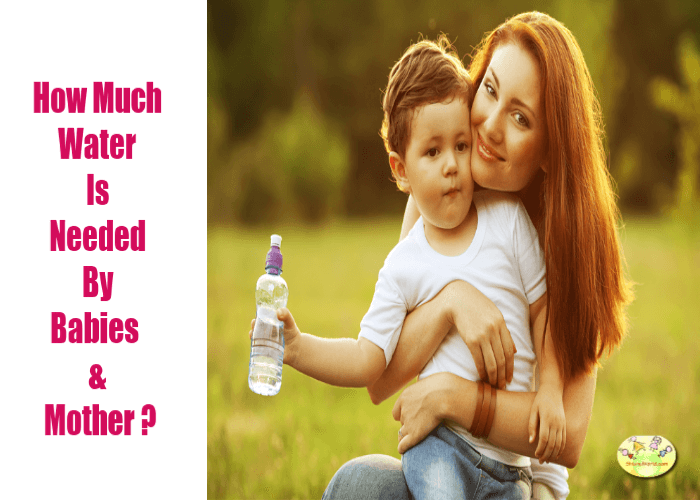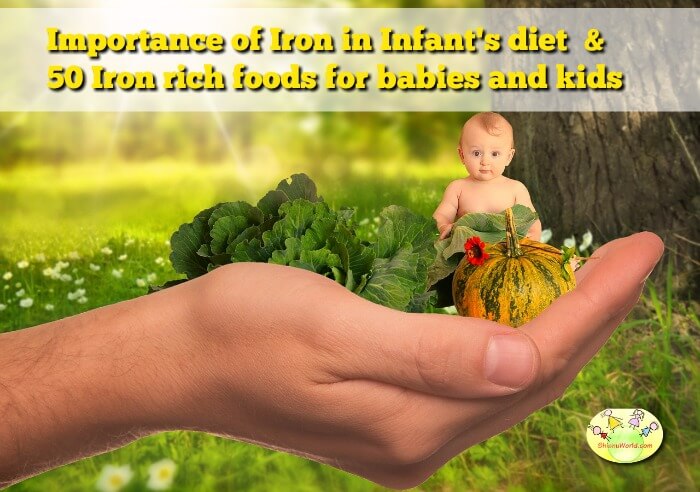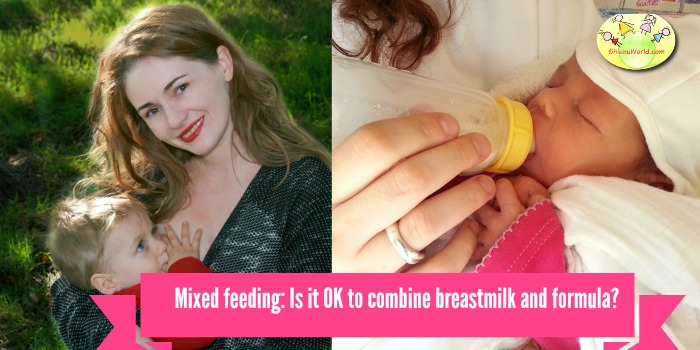Importance of hydration for Mothers and Kids – with Dr. Poornima Shankar
Summer is at its peak and one of the most common queries that we receive is how to ensure children don’t get dehydrated.
Recently, Himalaya Baby Care invited Dr. Poornima Shankar, Sr. Research Scientist & Nutritionist for a live session on their Facebook page to talk about this very topic. I could never miss such an opportunity to listen to an expert on the topic of hydration in both mothers and children.
Here is a brief synopsis of what I learnt in the session.
- While hydration is important for everyone, there are some life cycle stages which are critical and need hydration.
- Body is typically made up of 45-70% of water and in children and infants it is even higher.
- Water is required for every body function like transporting of fluids, lubrication of joints etc.
- Requirement of water varies based on age, activity levels etc. but an adult typically needs 8-10 glasses of water in a day.
- Water is not stored in body unlike other nutrients, so one must take in enough quantity of water every single day to compensate for the water loss that happens through sweat, urination, faces etc.

How much water is needed by who?
How Much Water Is Needed By Baby, Kids & Mother
|
Age |
Water Required in a day |
|
Infants (0-6 months) |
0.7litres |
|
Infants (6-12 months) |
0.8 litres |
|
Toddlers |
1 litre |
|
5-10 years |
1.5-2 lites |
|
Men |
1.2 – 3 litres |
|
Women |
2.2 – 2.8 litres |
|
Lactating Women |
2.5 – 3 litres |
|
Pregnant Women |
2.5 – 3 litres |
What happens when you do not take enough water?
- Even slight dehydration like 1% water loss that what body needs can cause symptoms like dizziness, cramping, dry mouth, irritability and increase in body temperature.
- Thirst usually begins when you have lost 0.5-0.8% of water.
- Dehydration can be a problem in young children because they often do not realise that they are thirsty or that they need water.
- 10% water loss can damage body systems.
- 20% water loss can cause death.
What are the consequences of not having enough water in pregnant women?
It is very important for pregnant women to have enough water.
- Dehydration in pregnant women can be dangerous and can also cause pre-term labour.
- It can also lead to UTI or urinary tract infection.
- It can lead to constipation.
- Not having enough water can also lead to kidney stones.
How much water is needed by babies/ infants?
Infants who are exclusively breastfed do not need top water because breastmilk is 87% water and provide enough hydration to their bodies. It is also most hygienic and there is no danger of introducing contaminants in it.
But, in certain conditions where baby could be losing a lot of water like very hot conditions or diarrhoea, you can give some quantity of hygienic boiled and cooled water.
How do you figure out that a baby is dehydrated?
Babies cannot speak so they cannot tell you when they are thirsty. But some typical symptoms could be excessive crying, flushed skin, high body temperature and lower urine output. If you see less than usual wet diapers that could be a sign, but best is to take baby to a doctor who can check if baby is suffering from dehydration and advise appropriately.
What kind of food and liquids should be given to a toddler during summer?
She recommends kids to have liquids in the form of water and not energy drinks or sugary drinks.
Also, toddlers should have lots of food which gives her energy and is nutrient dense like fruits and vegetables.
Milk also adds to fluid consumption in kids and also gives nutrients, so milk and dairy products are good for them.
What is the child has dry lips in the morning despite drinking enough water?
It could be due to the air-conditioning which is dehydrating and can cause skin and lips to feel dry. You can apply a moisturiser or lip balm before going to bed. Also, give a glass of water as soon as the child gets up.
Can breastfeeding mothers have too much water leading to thinning of milk?
She does not believe over hydration is a problem because body has enough ways to excrete excess water. In fact having less water could be counter-productive leading to less production of milk.
How can one treat dehydration in kids and adults?
ORS or oral rehydration solution should be given to replace water and electrolytes in body when one has dehydration.
Coconut water is a wonderful source of of electrolytes and contains many minerals which are critical of body. She recommends that everyone should have fresh coconut water whenever available.
In short, it was an enlightening session where I learnt a lot of the things about hydration and am only too happy to share it you all. Water is a life force and we must remember to replenish our body with it and let it go to a stage where it starts asking for water by showing symptoms of dehydration.







